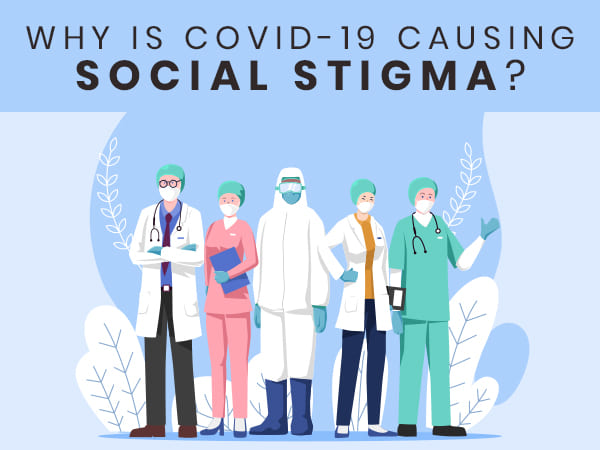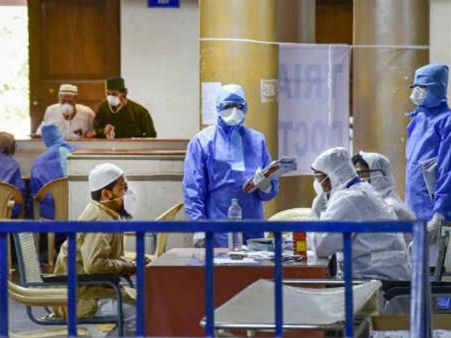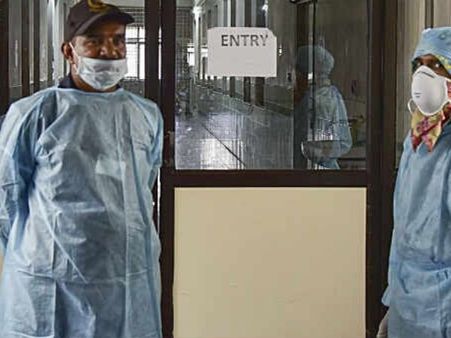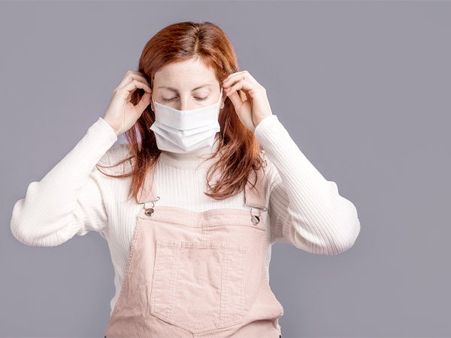Just In
- 3 hrs ago

- 5 hrs ago

- 8 hrs ago

- 12 hrs ago

Don't Miss
- Movies
 Cannes 2024 Ticket: What Is 77th Cannes Film Festival Ticket Price? Discover Jaw-Dropping Cost, DEETS Inside
Cannes 2024 Ticket: What Is 77th Cannes Film Festival Ticket Price? Discover Jaw-Dropping Cost, DEETS Inside - Finance
 Emmforce Autotech IPO Debut April 23: Issue Size, Price Band, Check Details?
Emmforce Autotech IPO Debut April 23: Issue Size, Price Band, Check Details? - Education
 NLSIU Announces the Rajiv K. Luthra Foundation Grant
NLSIU Announces the Rajiv K. Luthra Foundation Grant - Technology
 Dell Introduces AI-Powered Laptops and Mobile Workstations for Enterprises in India
Dell Introduces AI-Powered Laptops and Mobile Workstations for Enterprises in India - News
 Electoral Bonds Controversy: Amit Shah Slams Rahul Gandhi, Asks Opposition Too Got Money, Is It Extortion?
Electoral Bonds Controversy: Amit Shah Slams Rahul Gandhi, Asks Opposition Too Got Money, Is It Extortion? - Sports
 T20 World Cup: 'He will definitely be in my list' - Anjum Chopra handpicks 2 wicketkeeper-batters for India squad
T20 World Cup: 'He will definitely be in my list' - Anjum Chopra handpicks 2 wicketkeeper-batters for India squad - Automobiles
 Tata Motors To Manufacture Jaguar Land Rover Cars In Billion Dollar TN Plant - Report
Tata Motors To Manufacture Jaguar Land Rover Cars In Billion Dollar TN Plant - Report - Travel
 Journey From Delhi To Ooty: Top Transport Options And Attractions
Journey From Delhi To Ooty: Top Transport Options And Attractions
Why Is Coronavirus Causing Social Stigma?
Since India went under a complete lockdown, the doctors, nurses and other healthcare professionals who are selflessly taking care of the COVID-19 patients are facing a lot of problems due to social stigma and discrimination. Healthcare professionals and their families are being forcefully evicted by their landlords due to the fear that the healthcare workers can be carriers of the novel coronavirus infection.

What Is Social Stigma?
In the healthcare sector, social stigma is defined as a powerful social process that is characterised by stereotyping, labelling and separation, which leads to loss of status and discrimination because of a perceived link with a disease [1].
Healthcare professionals who are taking care of the infected patients and family and friends who are close to the healthcare workers may also suffer from social stigma because of the notion that they have been in contact with the virus.


Why Is Coronavirus Causing Social Stigma?
Social stigma associated with coronavirus is based on three factors:
- Coronavirus disease is new and unknown
- Fear of the unknown disease
- Easy to link this fear with 'others'

What Is The Impact Of Social Stigma?
Amidst
the
pandemic
outbreak,
there
is
a
lot
of
confusion,
anxiety
and
fear
among
the
common
public.
And
this
can
result
in
more
severe
health
problems
and
difficulties
in
tackling
the
disease.
The
impact
of
social
stigma
could
do
the
following:
- It could force people to hide the illness to avoid discrimination
- It could prevent people from seeking medical attention immediately
- It could discourage people from adopting healthy behaviours


Dos And Don’ts On How To Address Social Stigma
The UNICEF has shared some dos and don'ts on how to address social stigma associated with COVID-19.
Dos
- Talk openly about the new coronavirus disease (COVID-19).
- Use the terms "people who have COVID-19", "people who are being treated for COVID-19", "people who are recovering from COVID-19" or "people who died after contracting COVID-19".
- Use the terms "acquiring" or "contracting" COVID-19.
- Learn accurate information about COVID-19, based on scientific data and the latest official health advices.
- Speak positively and emphasis on the effectiveness of prevention and treatment measures of COVID-19.
- Focus on adopting preventive measures which include screening, testing and treatment.
- Don't attach locations or ethnicity to the disease; this is not a "Wuhan Virus", "Chinese Virus" or "Asian Virus".
- Avoid referring to people with the disease as "COVID-19 cases" or "victims".
- Don't use the terms "COVID-19 suspects" or "suspected cases".
- Don't use "transmitting COVID-19", "infecting others" or "spreading the virus" as it implies intentional transmission and assigns blame.
- Avoid sharing incorrect rumours and information used to spread fear.
- Don't speak anything negatively.

Don'ts

What You Need To Know As A Responsible Citizen?
Although coronavirus is a highly contagious disease, you can protect yourself through social distancing and practicing hand and respiratory hygiene.
- If anybody contracts the infection, despite all precautions, it is not their fault.
- Healthcare professionals including doctors, nurses and other healthcare workers are selflessly providing care and medical support during this crisis situation.
- People who are directly involved in the management of COVID-19 wear protective equipment to keep them safe from the infection.
- Targeting essential service providers and their families will not help control or stop the disease.
-
 healthCOVID Surge In India: Do You Need A COVID-19 Booster Shot?
healthCOVID Surge In India: Do You Need A COVID-19 Booster Shot? -
 disorders cureCommon COVID Symptoms In Fully Vaccinated Individuals: What You Should Know
disorders cureCommon COVID Symptoms In Fully Vaccinated Individuals: What You Should Know -
 wellnessMild COVID Linked To Life-Threatening Blood Clots, Increased Risk Of Cardiovascular Disease; Study
wellnessMild COVID Linked To Life-Threatening Blood Clots, Increased Risk Of Cardiovascular Disease; Study -
 wellnessCOVID-19 Variants In India: New COVID Variant May Pose Threat To Elderly People
wellnessCOVID-19 Variants In India: New COVID Variant May Pose Threat To Elderly People -
 basicsCovid-19 Linked To Early Onset Of Periods: What You Need To Know
basicsCovid-19 Linked To Early Onset Of Periods: What You Need To Know -
 wellnessCOVID XBB Variants Of Omicron In India: What You Should Know
wellnessCOVID XBB Variants Of Omicron In India: What You Should Know -
 disorders cureNew Omicron Subvariant BQ.1 Detected In Maharashtra: What You Should Know
disorders cureNew Omicron Subvariant BQ.1 Detected In Maharashtra: What You Should Know -
 disorders cureOmicron BF.7 In India, Risk Of Fresh Wave During Diwali: What You Should Know
disorders cureOmicron BF.7 In India, Risk Of Fresh Wave During Diwali: What You Should Know -
 wellnessCoronavirus Residues Might Be Causing Long COVID: New Study
wellnessCoronavirus Residues Might Be Causing Long COVID: New Study -
 wellnessCentury-Old TB Vaccine Could Be Effective Against Covid-19 And Other Infections: New Study
wellnessCentury-Old TB Vaccine Could Be Effective Against Covid-19 And Other Infections: New Study -
 disorders cureCovid-19 Patients At Risk Of Neurological & Psychiatric Conditions Two Years After The Infection: New Study
disorders cureCovid-19 Patients At Risk Of Neurological & Psychiatric Conditions Two Years After The Infection: New Study -
 wellnessCOVID In Smokers: An Expert Explains
wellnessCOVID In Smokers: An Expert Explains


 Click it and Unblock the Notifications
Click it and Unblock the Notifications



